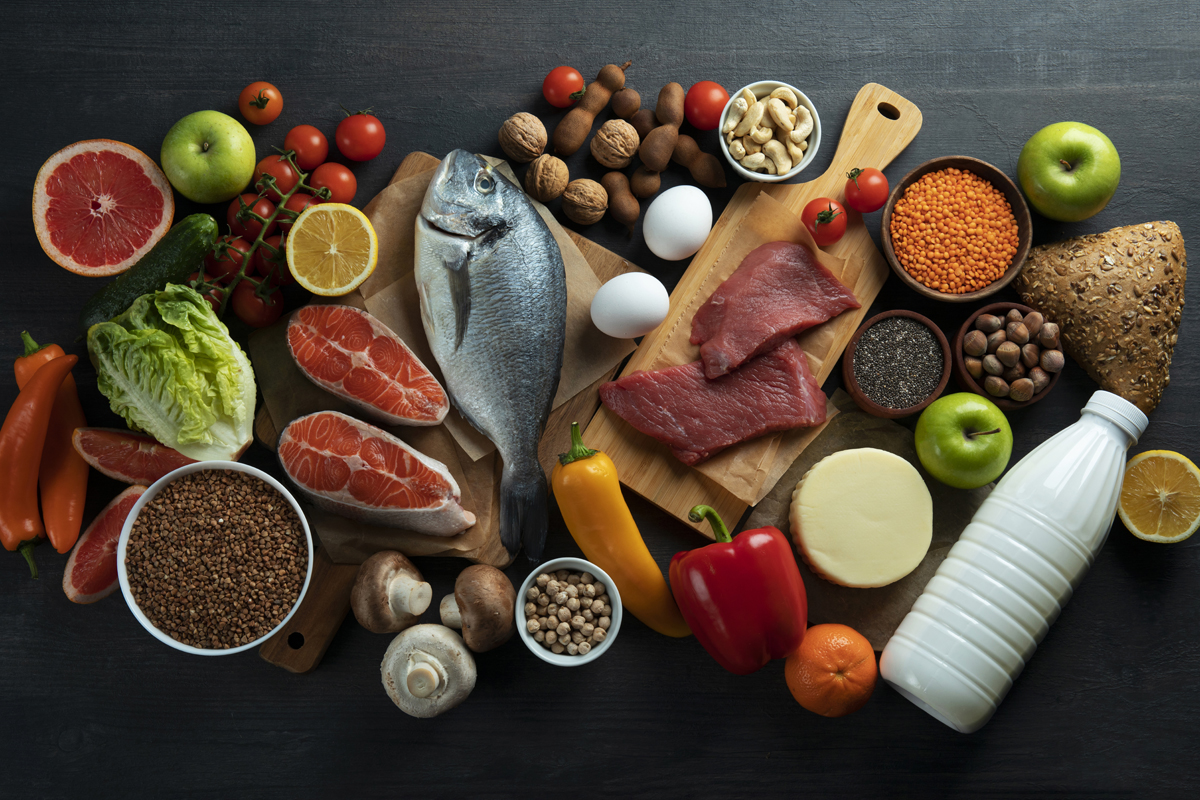
As a college student, juggling academics, social life, and personal growth requires a solid foundation of nutrition to support your energy levels, cognitive function, and overall well-being. Your dietary choices play a pivotal role in your ability to excel in all aspects of college life. Let’s delve into the optimal macronutrients – carbohydrates, proteins, and fats – that you should be incorporating into your diet to thrive during this dynamic phase.
1. Carbohydrates: Energize Your Body and Mind
Carbohydrates are the body’s primary source of energy, making them a vital macronutrient for busy college students. Opt for complex carbohydrates, such as whole grains (oats, brown rice, whole wheat bread), starchy vegetables (sweet potatoes, quinoa), and legumes (beans, lentils). These foods provide a sustained release of glucose, ensuring a steady supply of energy throughout your day. Carbohydrates also fuel your brain, enhancing focus and cognitive function, which is crucial for effective studying and attending lectures.
2. Proteins: Build and Repair Your Body
Proteins are the building blocks of your body, playing a key role in muscle repair and growth. Including adequate protein in your diet helps maintain lean muscle mass and supports recovery after physical activities. Incorporate lean protein sources like chicken, turkey, fish, eggs, tofu, legumes, and Greek yogurt. These options provide essential amino acids that aid in muscle development and keep you feeling full and satisfied, reducing the temptation for unhealthy snacking.
3. Fats: Essential for Health and Vitality
Healthy fats are essential for various bodily functions, including hormone production, cell structure, and nutrient absorption. Incorporate sources of unsaturated fats, such as avocados, nuts, seeds, olive oil, and fatty fish like salmon. These fats support brain health and can enhance cognitive function, which is crucial for staying focused during lectures and studying.
4. Meal Timing and Frequency: Fuel for Success
Maintaining an eating schedule that supports your daily activities is important. Aim to have three balanced meals per day, with snacks in between if needed. Distributing your macros throughout the day can help maintain steady energy levels and prevent energy crashes. For instance, have a balanced breakfast before classes, a protein-rich lunch to fuel your afternoon, and a well-rounded dinner to aid in recovery and prepare your body for restorative sleep.
5. Hydration: The Unsung Hero
While not a macronutrient, hydration is just as crucial. Staying well-hydrated supports cognitive function, aids digestion, and maintains overall health. Carry a reusable water bottle with you throughout the day and aim to drink water consistently. Herbal teas and infused water can also contribute to your hydration efforts.
6. Personalization and Moderation: Finding Your Balance
It’s important to note that everyone’s nutritional needs are unique. Factors such as activity level, metabolism, and personal preferences influence the ideal macro ratios for you. Consider consulting with a registered dietitian or nutrition professional to tailor your dietary plan to your individual needs and goals. Additionally, moderation is key. Balance is achieved by enjoying a variety of nutrient-dense foods while allowing yourself occasional treats in a mindful manner.
In the dynamic environment of college life, fueling your body with the right macronutrients is a crucial investment in your success. By prioritizing complex carbohydrates for sustained energy, incorporating lean proteins for muscle support, and choosing healthy fats for overall well-being, you can optimize your physical and mental performance. Remember that proper nutrition isn’t just about meeting immediate goals; it’s an investment in your long-term health and vitality. So, embrace a well-rounded diet that empowers you to excel academically, engage socially, and embrace all that college has to offer.





